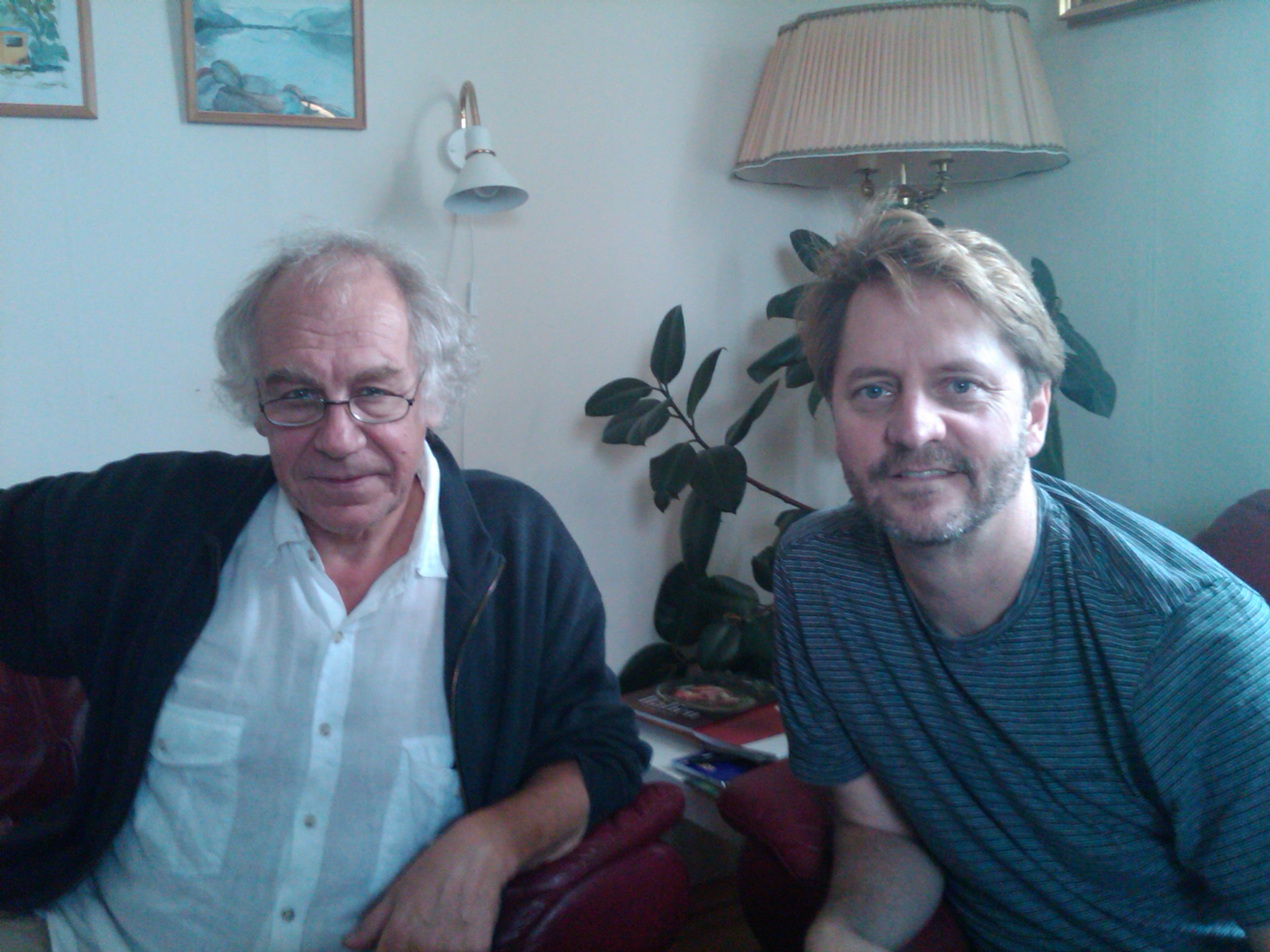
Ohio is experiencing the same challenges faced by other states when it comes to behavioral health services: staff and financial cutbacks, increasing oversight and regulation, rising caseloads, unrelenting paperwork, and demands for accountability. Into the breach, the Ohio Council of Behavioral Health & Family Service Providers organized their 30th annual conference, focused entirely on helping their members meet the challenges and provide the most effective services possible.
On Tuesday, I presented a plenary address summarizing 40 years of research on “What Works” in clinical practice as well as strategies for documenting and improving retention and outcome of behavioral health services. What can I say? It was a real pleasure working with the 200+ clinicians, administrators, payers, and business executives in attendance. Members of OCBHFSP truly live up to their stated mission of, “improving the health of Ohio’s communities and the well-being of Ohio’s families by promoting effective, efficient, and sufficient behavioral health and family services through member excellence and family advocacy.”
For a variety of reasons, the State of Ohio has recently abandoned the outcome measure that had been in use for a number of years. In my opinion, this is a “good news/bad news” situation. The good news is that the scale that was being used was neither feasible or clinically useful. The bad news, at least at this point in time, is that state officials opted for no measure rather than another valid, reliable, and feasible outcome tool. This does not mean that agencies and providers are not interested in outcome. Indeed, as I will soon blog about, a number of clinics and therapists in Ohio are using the Outcome and Session Rating Scales to inform and improve service delivery. At the conference, John Blair and Jonathon Glassman from Myoutcomes.com demonstrated the web-based system for administering, scoring, and interpreting the scales to many attendees. I caught up with them both in the hall outside the exhibit room.
Anyway, thanks go to the members and directors of OCBHFSP for inviting me to present at the conference. I look forward to working with you in the future.


